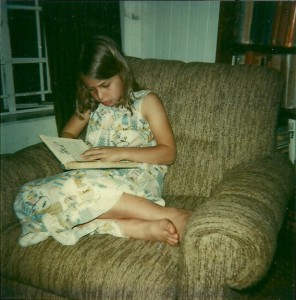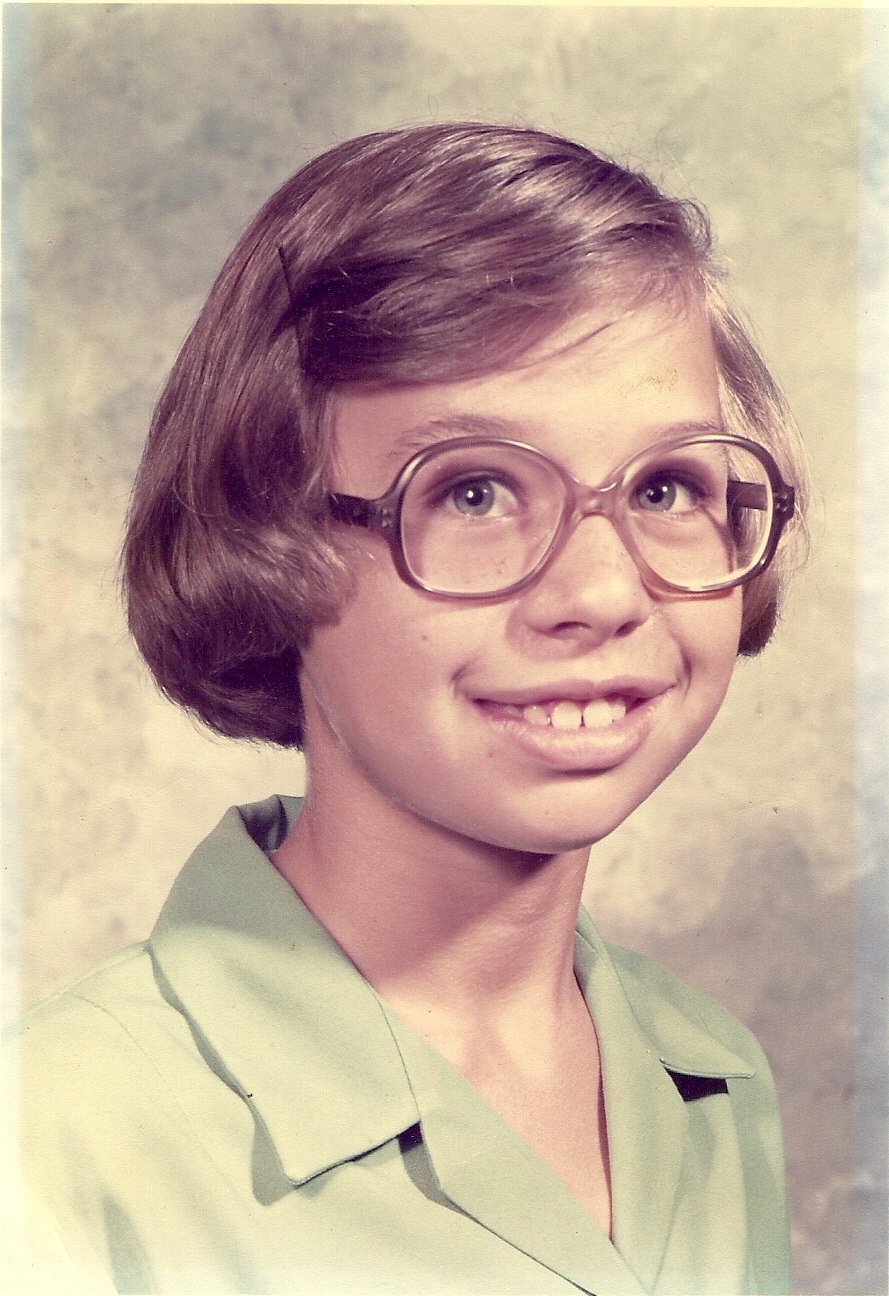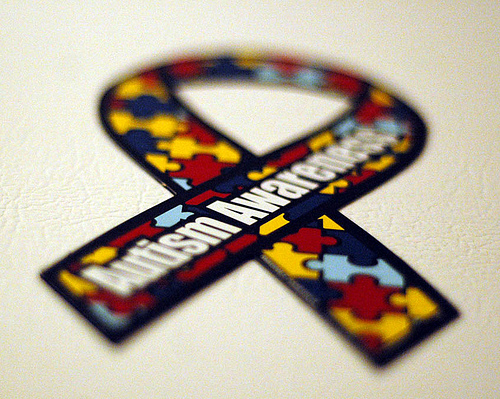For the last week, I have been participating in the WEGO Health “Advocating for Another” challenge. Life got in the way of blogging over the last few days, so I am a day behind.
Yesterday’s prompt: When I was your age… – Write a letter to your child/ren starting off the with the phrase “When I was your age…” share a story of your own with them.
Dearest George,
When I was your age, I was very much like you. I had the same shyness, the same difficulty with speech, the same awkwardness around people I didn’t know. Learning was difficult for me until someone realized that I was smart but couldn’t learn in the same way as other people.
The world was a different place then, when I was an eight-year-old girl. In the late 1970’s, there was no Internet, so my parents couldn’t Google my symptoms. While diagnoses like autism existed, they were not very common, and not easy to come by unless the doctors knew exactly what they were looking for.
Throughout my childhood, I was sent for tests and assessments, but the most my parents were ever told was that I had “learning disabilities”. No-one was really sure what that even meant.
Like you, I loved books. I remember the summer I learned how to read. It was as if a door to a whole new world had opened to me. My newfound love of reading was both a relief and a source of worry to my parents. On the one hand, I could read, and this is something that everyone wants for their children. But on the other hand, the more I delved into the world of books, the more I withdrew from the world I lived in.
In spite of my rough beginnings, I turned out OK. I graduated high school, got myself a university degree and some post-graduate qualifications. I have a reasonable career, and most important of all, I have my family. You, your dad, and your brother.
You see, even though teachers and doctors didn’t really know what to do with kids like me, I was lucky enough to be part of a loving, supportive family.
My dad was always there for me to talk to, anytime I needed. He was my kindred spirit in many ways, sharing my love of reading, and later, my enthusiasm for running. He was like my rock of support, something that would never waver in the harshest of storms.
My brother and I fought like cat and dog, but in the end, we would have moved the earth for each other. God help anyone who hurt my brother’s little sister.
And my mom, your granny – she was a pillar of strength and support for me. She never doubted that I was capable of succeeding in life, and she helped steer me in the right direction. She worked tirelessly with me, making sure I was doing my homework, reading with me, being my advocate at school.
I often had conflicts with all of the members of my family. There were times when I wanted to run far, far away.
But there was never a time when I doubted that my family loved me and were there for me. When things got stormy, I always knew that the storm would pass and everything would be OK.
This is what my hope is for you. Parents and kids argue. Brothers fight. All of that is part of life. But I hope you know that no matter what, you are loved more than you could possibly know.
Please know that we are here for you, and always will be. I hope that can be at least half the mother to you that my mother was to me.
I love you always,
Mommy
(Photo from Kirsten Doyle’s archive of childhood pictures)












